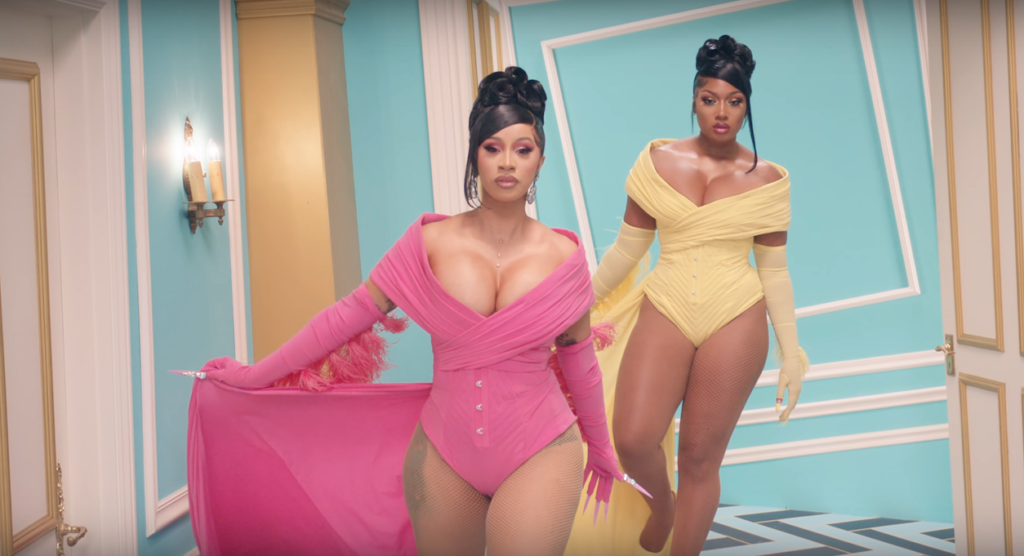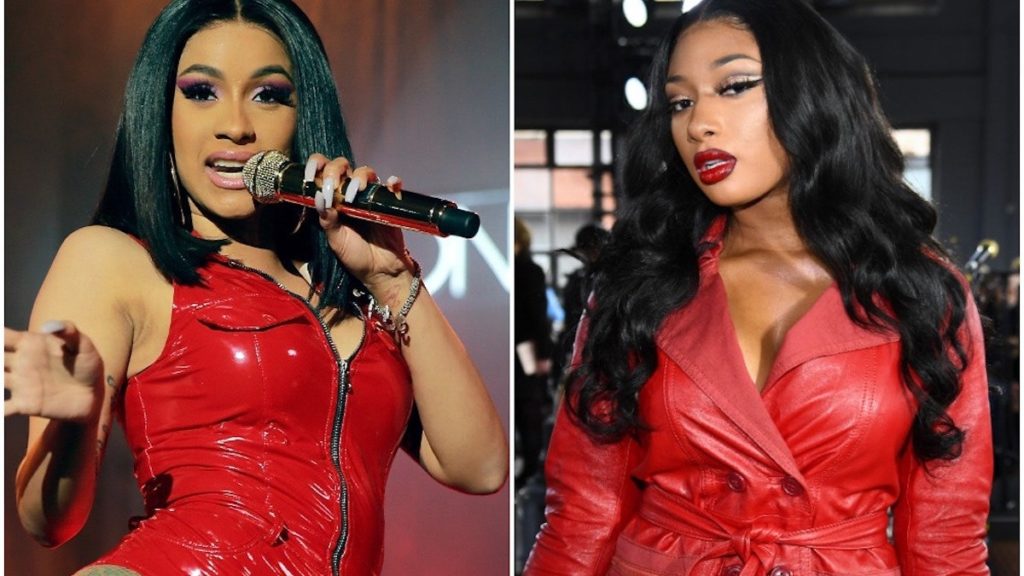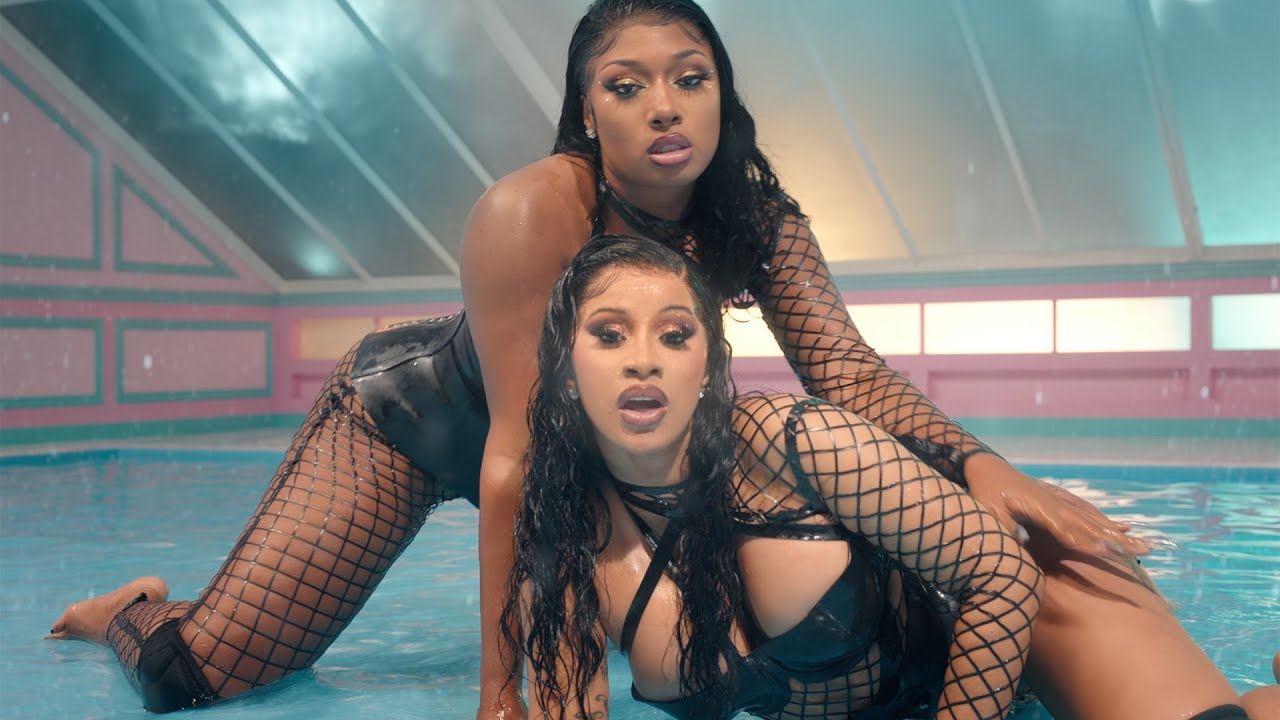What’s So Polarizing about WAP
Written By Kaila Love
Cardi B and Megan Thee Stallion’s WAP video has caused a wave of controversy and became an instant point of discussion on the Internet since it dropped on August 8. Criticisms range from Cee-Lo Green upholding the art to demonstrate how “music today is very unfortunate and disappointing on a personal and moral level” to Republican congressional candidate, James P. Bradley claiming the song made him want to pour holy water into his ears. Even Tiger King’s Carol Baskin weighed in to express disdain for the use of big cats in the video. So what is it about WAP that has been so polarizing?

There’s a side that claims WAP is a powerful display of female sexuality, confidence, and empowerment. Their opposition argues that this is a setback for women and the rights they have fought for. A fact that can’t be denied is that it’s the biggest female collaboration to break 24 million hits in 24 hours – a stat that either has people saying this is break-through for women artists or this is exactly what’s wrong with the industry. Is there a reality where both of these truths can be possible? Is it possible to appreciate a piece of art, but also critique it without feeling like you’re picking one of these sides? Let’s dive deeper.
After watching the video, I wasn’t exactly sure what all the controversy was about. The visual is aesthetically beautiful with elaborate costumes and set design, but while the content is very sexual in nature – it’s nothing that Hip Hop – and American culture – hasn’t seen before. In fact, this type of portrayal of women is found in countless Hip Hop videos by male artists, yet they never seem to receive this level of flack. If everything about this video were the same, yet it was a male artist rapping while Cardi and Meg were video vixens, I don’t see there being the same criticisms. One of the reasons the WAP video has become so polarizing is due to bringing up this age-old double-standard back to the surface.

If you don’t like what you see in WAP and believe it’s poisoning the minds of youth as some critics have claimed, then it’s not Cardi B or Meg Thee Stallion you should be mad at – it’s the industry. While one can argue that it is on parents to be more mindful about what media and music their children are exposed to, the reality of the world is that many kids have access to content they shouldn’t have with the accessibility to the Internet and it’s impossible for most parents to police that at all times. The music industry knows this and is a powerful institution of influence. Cardi has even said herself on an Instagram live stream that “the music industry is snake-ier than the streets” but despite that it’s not just like she can leave it either. This all just part of the game.

